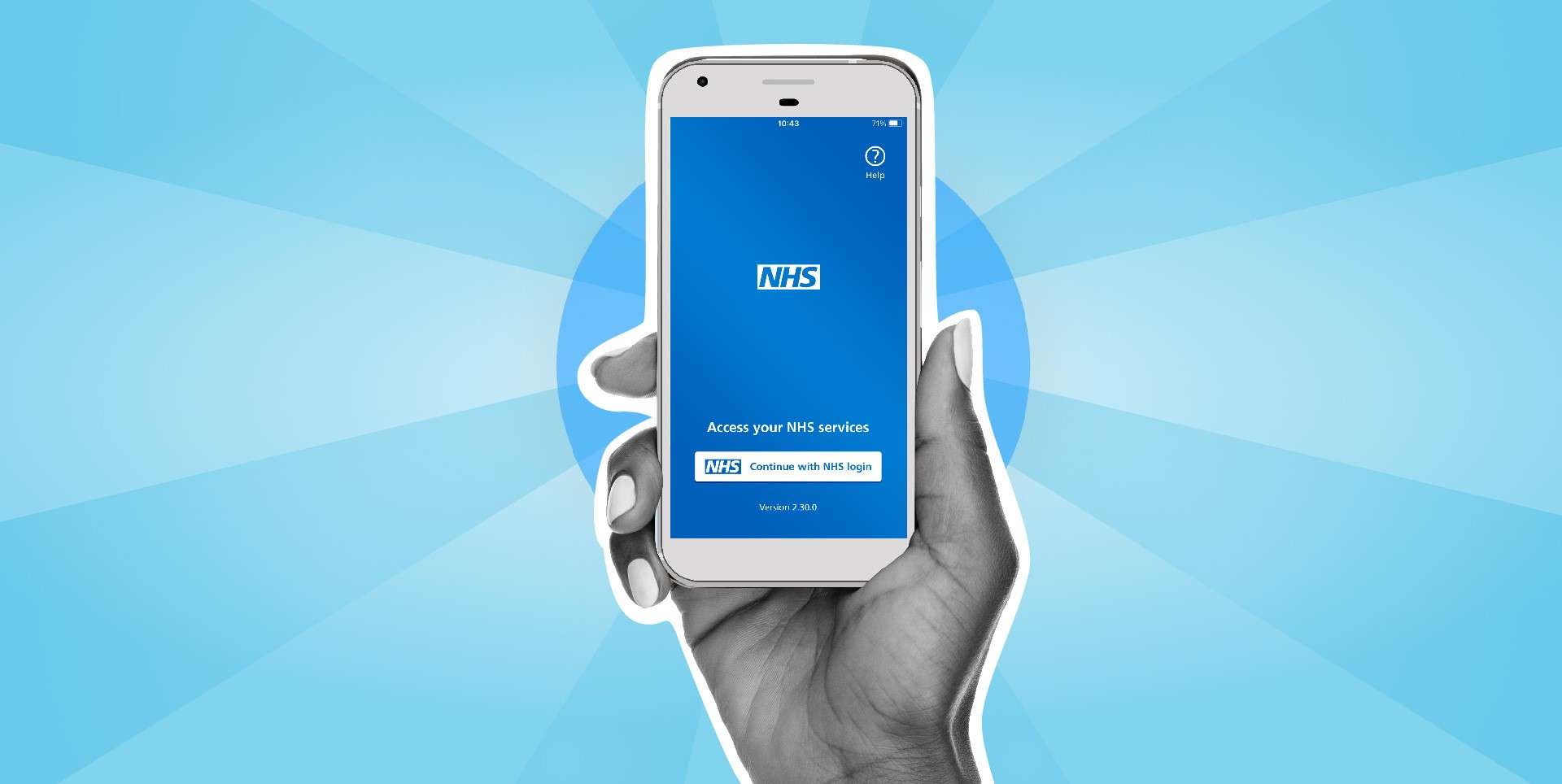National body awards contract to support rollout of scheme to implement electronic patient records
Credit: Mohamed Hassan/Pxhere
NHS England has signed a multimillion-pound contract with a supplier to support the rollout over the next two years of its Frontline Digitisation programme.
The goal of the scheme – run by the national body’s Transformation Directorate, which was formerly NHSX – aims to ensure that 90% of secondary-care trusts have fully implemented an electronic patient record system by the end of next year. The aim is to achieve 100% adoption by the end of March 2025.
The newly implemented support deal, awarded to PwC, runs until this date.
The professional services firm will serve as NHS England’s “delivery partner for… [the] Frontline Digitisation programme”.
Related content
- NHS signs £4.5m deal to ‘transform’ demographic data use and better match patients to records
- DHSC extracts patient data to support policymaking on NHS-funded social care
- Digital and data must be embedded into plans for the future of healthcare
This will include “the provision of advice, support, expertise and intervention, where required, to NHS Provider Trusts undertaking their EPR transformation programme”, according to a procurement notice.
The digitisation scheme was outlined in A plan for digital health and social care – a policy paper published by government this summer. The ambitions set out in the document extend to ensuring that, by March 2024, digital care records have been deployed by four out of every five social care providers registered with the Care Quality Commission.
“This won’t be the end point for digital maturity, but a marker of progress,” the policy paper added. “The reality is that digital maturity will need to continue to evolve so we fully realise the benefits of digital technology. Success will allow frontline health and social care staff to spend less time on administrative tasks and more time delivering personalised care.”
It added: “By March 2025, all clinical teams in an ICS (integrated care system) will have appropriate access to a complete view of a person’s health and social care record that they can contribute to. Non-clinical staff in social care settings will also be able to access appropriate information and input data into digital records in real time.”



